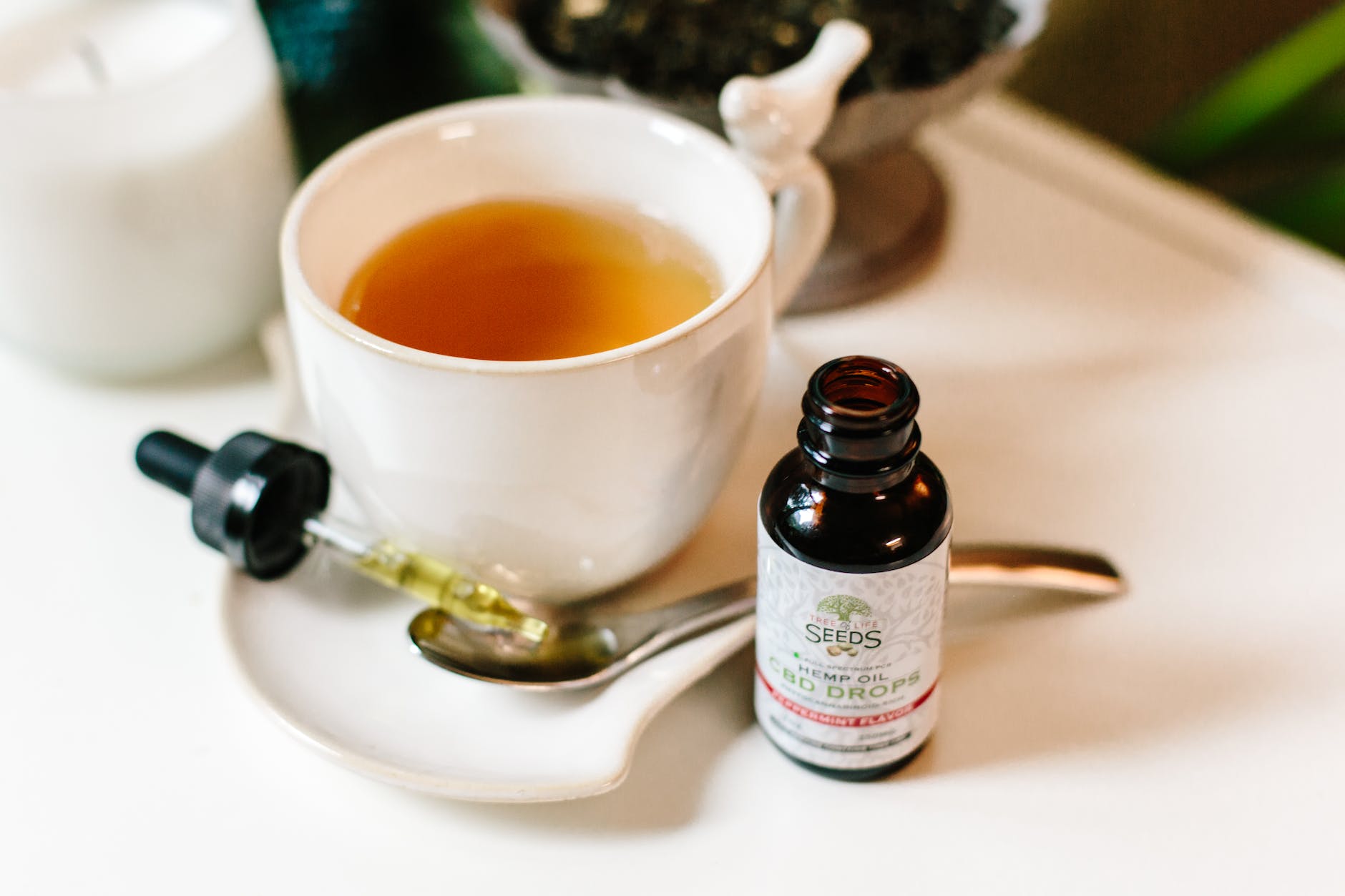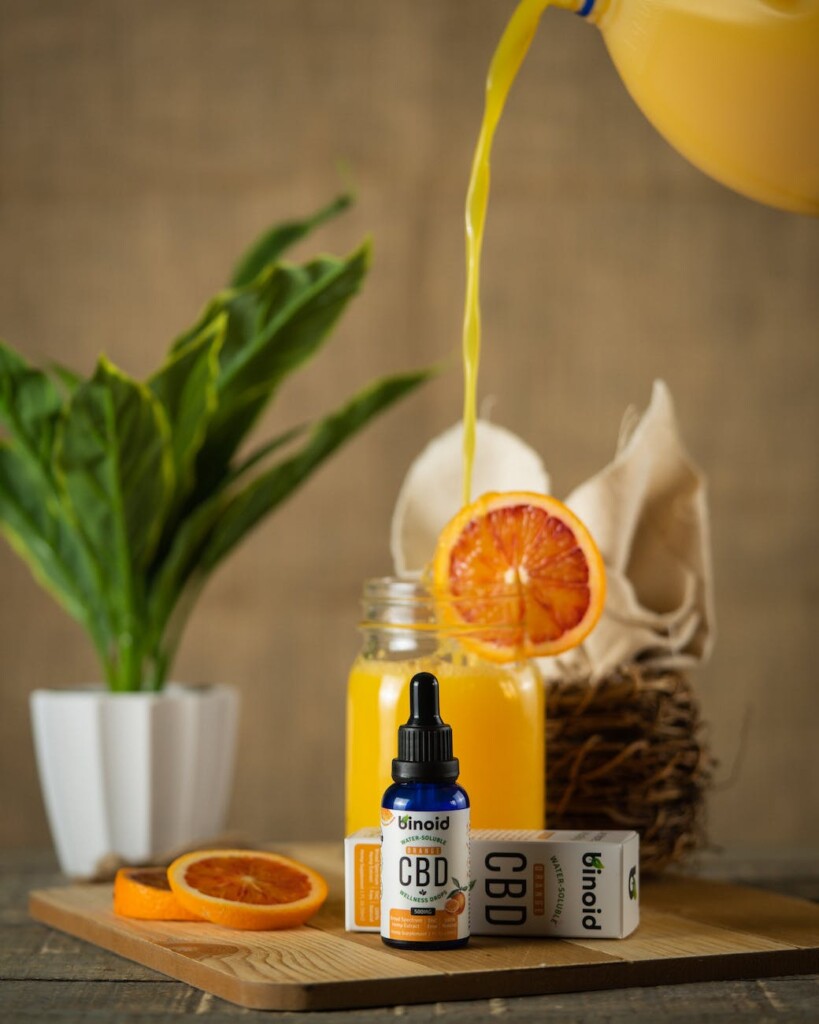Health Benefits Of Delta-9-Tetrahydrocannabinol (THC) and cannabidiol (CBD)
Cannabis has long been used for recreational purposes, but in recent times, the plant has caught the attention of medical professionals and scientists alike for its numerous health benefits. The plant contains various chemical compounds, but the main compounds of interest are delta-9-tetrahydrocannabinol (THC) and cannabidiol (CBD). THC is the psychoactive compound responsible for the “high” feeling associated with cannabis consumption, while CBD is non-psychoactive and has been shown to have various therapeutic effects.
THC, on the other hand, has been shown to have several health benefits as well. Here are some of the medical benefits of THC:
Pain Relief: THC has been shown to be effective in treating pain associated with chronic conditions such as multiple sclerosis, cancer, and fibromyalgia. THC works by activating the CB1 receptors in the body, which inhibits pain signals from reaching the brain.
Appetite Stimulation: THC has been shown to stimulate appetite in people with eating disorders such as anorexia and cachexia. THC activates the CB1 receptors, which increases hunger and promotes the release of hormones that regulate appetite.
Nausea and Vomiting Relief: THC has been shown to be effective in relieving nausea and vomiting associated with chemotherapy and other medical conditions. THC works by activating the CB1 receptors, which inhibits the signals that trigger nausea and vomiting.
Muscle Relaxation: THC has been shown to be effective in treating muscle spasms associated with conditions such as multiple sclerosis, spinal cord injury, and cerebral palsy. THC works by activating the CB1 receptors, which relaxes the muscles and reduces spasms.
Glaucoma Treatment: THC has been shown to be effective in reducing intraocular pressure in people with glaucoma, which can lead to vision loss if left untreated. THC works by activating the CB1 receptors, which decreases the production of aqueous humor in the eye.
Sleep Aid: THC has been shown to be effective in promoting sleep in people with insomnia. THC works by activating the CB1 receptors, which reduces anxiety and promotes relaxation, leading to better sleep.
Anxiety and Depression Treatment: THC has been shown to be effective in treating anxiety and depression. THC works by activating the CB1 receptors, which increases the release of serotonin, a neurotransmitter that regulates mood.

In addition to the medical benefits of THC, the plant has also been used for recreational purposes, leading to several use cases. Here are some popular use cases for THC:
- Smoking/Vaping: Smoking or vaping is the most popular way to consume THC. When smoked or vaporized, THC is absorbed into the bloodstream through the lungs, leading to a rapid onset of effects.
- Edibles: THC can be infused into various food products such as gummies, brownies, and chocolate bars. When ingested, THC is absorbed into the bloodstream through the digestive system, leading to a slower onset of effects.
- Topicals: THC can be applied topically in the form of creams, balms, and patches. When applied to the skin, THC is absorbed into the bloodstream through the skin, leading to localized pain relief.

When using THC, it is important to follow safe and legal ways to harness its benefits daily. Here are some tips for safe daily use:
- Always start with a low dosage and increase slowly until you achieve the desired effects.
- Be aware of your surrounding and avoid driving or operating heavy machinery while under the influence of THC.
- Ensure to purchase THC products from authorized and reputable dispensaries to avoid contaminated or untested products.
In summary, THC presents a wide range of medicinal benefits, including pain relief, appetite stimulation, muscle relaxation, and anxiety and depression treatment. There are several use cases for THC, including smoking/vaping, edibles, and topicals. It is important to follow safe and legal ways to harness the benefits of THC daily. If used correctly, THC can be a valuable addition to your wellness routine.
